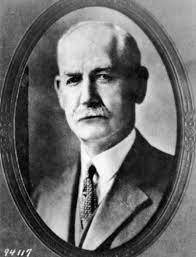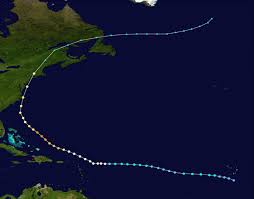In the aftermath of World War II, amidst a world still reeling from the devastation of global conflict and facing the challenges of rebuilding, the establishment of the World Health Organization (WHO) in 1948 marked a pivotal moment in international public health. Conceived as a specialized agency of the United Nations, the WHO was founded with the ambitious goal of promoting and protecting the health of all peoples across the globe.
The need for a global health organization had become increasingly apparent in the wake of the war, which had brought about widespread suffering, disease, and displacement. The devastating toll of the conflict highlighted the interconnectedness of health issues and the importance of international cooperation in addressing them. Furthermore, the emergence of new infectious diseases and the persistence of longstanding health challenges underscored the urgent need for a coordinated approach to public health on a global scale.
The idea for the establishment of the WHO took shape during the United Nations Conference on International Organization, held in San Francisco in 1945. Delegates from various countries recognized the necessity of creating an international body dedicated to promoting health and well-being as a fundamental human right. The WHO's constitution was subsequently adopted by the International Health Conference in New York in 1946 and came into force on April 7, 1948.
From its inception, the WHO was guided by a comprehensive vision of health that encompassed not only the absence of disease but also the physical, mental, and social well-being of individuals and communities. Its mission was to serve as a coordinating authority for international health matters, providing leadership on global health issues, setting norms and standards, and coordinating technical cooperation among member states.
One of the WHO's earliest and most significant achievements was the development and adoption of the International Health Regulations (IHR), which were first adopted in 1951. The IHR established a legal framework for the prevention and control of infectious diseases, requiring member states to report certain diseases to the WHO and cooperate in the prevention and control of outbreaks. Over the years, the IHR have been updated and strengthened to address emerging health threats, including the COVID-19 pandemic.
In addition to its work on infectious diseases, the WHO has played a vital role in advancing global health initiatives in areas such as maternal and child health, nutrition, vaccination, and access to essential medicines. The organization has led campaigns to eradicate diseases like smallpox and polio, and it continues to work towards the goal of universal health coverage, ensuring that all people have access to the health services they need without suffering financial hardship.
Throughout its history, the WHO has faced numerous challenges and controversies, ranging from funding shortages and bureaucratic inefficiencies to criticism of its response to health emergencies. However, its essential role as a global health leader remains undisputed. The WHO serves as a forum for international collaboration and exchange of knowledge, bringing together governments, civil society organizations, and scientific experts to address pressing health issues.
As the world grapples with ongoing and emerging health threats, from pandemics to noncommunicable diseases and the impacts of climate change, the importance of the WHO's work has never been clearer. In its mission to promote health, keep the world safe, and serve the vulnerable, the WHO continues to be a beacon of hope and a catalyst for progress towards a healthier, more equitable world.






